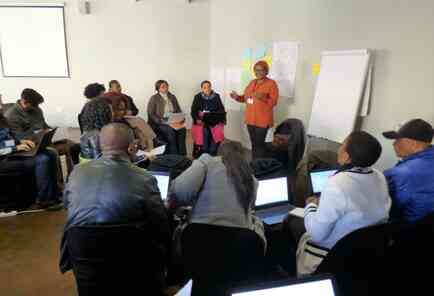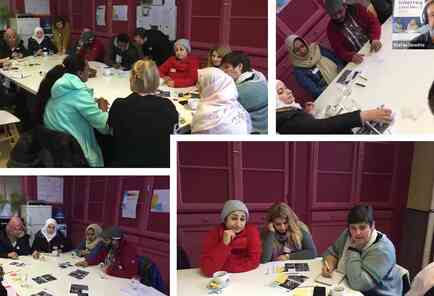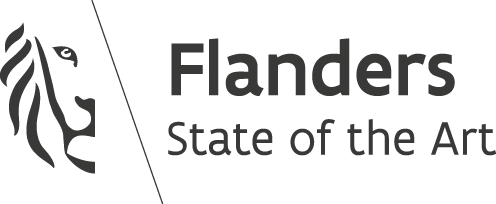Professional Learning Communities in action
In this video, PLC is well explained in 18 minutes. In the first minute of the video, a definition of the concept is shared.
“Communities that provide the setting and necessary support for groups of classroom teachers, school managers and subject advisors to participate collectively in determining their development trajectories, and to set up activities that will drive their development.“Five heads of department from neighbouring schools in Bethlehem, in the Free State province, recently formed (at the moment the video was recorded) a PLC. The video displays a shortened version of the second meeting of the PLC in Bethlehem. In the first meeting, members discussed challenges they experience in their own schools. They formulated a plan on which topics to address in the coming months based on their needs.
At the start of the second meeting, an agreement is made to lay the main focus on the teaching of value and place value in mathematics, which turned out to be a shared challenge for all members of this PLC. Whilst the meeting takes place, keywords are placed on the screen like ‘collaboration and mutual respect ‘ and ‘focus on addressing real needs’ to highlight the different aspects of a PLC meeting.
It is clear that there is open communication as the PLC members discuss common problems and share solutions. At the end of the meeting, the date and topics of the next meeting are decided. Since one of the teachers has shared a useful learning method for the 'place value learning challenge' and there was enthusiasm among the other members, she will give a demonstration in the third meeting.
At the end of the video, the members share their opinion on PLC and how it has been useful for them.
Facilitating a Professional Learning Communities
The focus of this video lies in the supporting role of the facilitator. What does a facilitator do? Three key roles are discussed: coordinating, directing and enabling participation.
Supporting a Professional Learning Communities
There are two main areas of support when talking about PLCs: the school leadership and the support from experts.Testimonials
The concept of PLCs is well embraced by teachers, external experts and school leaders. In this video, various members of a PLC explain how they experience this way of lifelong learning.
“Teachers connect on a whole different level than when just attending a course. During the PLC it is clear that all teachers struggle with the same problems, we can help each other, find new ideas and implement them", says Elizabeth Fichardt, educator.
Key messages
The last video is a summary: Professional Learning Communities is considered effective when attention is paid to the following aspects:- Needs-based and practise oriented approach.
- Mutual trust and respect.
- Collective responsibility for student learning.
- Shared vision and a clear focus on ensuring learning for all pupils.
- Collaborative and reflective enquiry.





